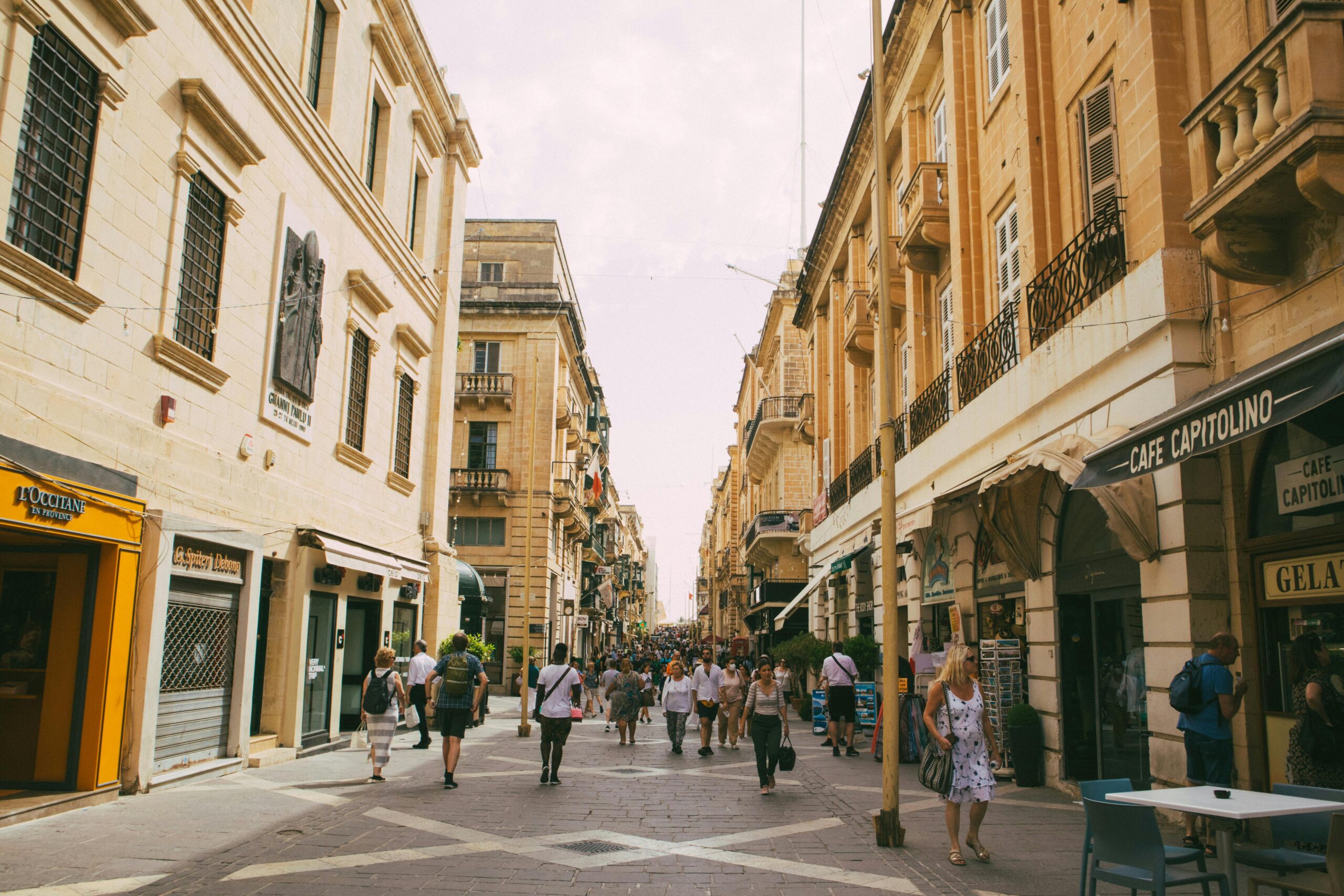Malta’s tourism industry has roared back after the years of shutdown and uncertainty caused by the COVID-19 pandemic, with 2023 promising to be a record year for arrivals.
The influx of tourists has been a boon to hotels, hostels, and guesthouses, which saw more guests than ever during the period between April and June.
In fact, hotels registered 630,859 guests over the period, 10 per cent more than they did during the corresponding period of 2019, a record-breaking year for Maltese tourism.
However, concerns of “quality” and an over-reliance on mass tourism are unlikely to be quelled by the news emerging from a National Statistics Office release, which also notes that total nights spent in hotels during the second quarter of the year amounted to 2,656,752.
This is over 100,000 nights less than the 2,769,796 registered during the same quarter in 2019, which had itself seen decrease of some 35,000 nights from 2018.
As could be expected, given the constant building of new hotels, the net use of bed-spaces continued to decline from its 2018 peak. Between April and June 2023, Malta’s hotels achieved a 68.4 per cent occupancy rate.
This is considerably less than the 73.6 per cent and 74.9 per cent occupancy rates registered in 2019 and 2018, respectively.
A study conducted by audit and advisory firm Deloitte for the Malta Hotels and Restaurants Association raised this issue last year, and pointed out that once all the hotels in the development pipeline are built, Malta would need to attract close to five million tourists a year to keep occupancy levels above 70 per cent.
Bed-spaces available increased from 41,680 in 2019 to 43,555 as at June 2023.
During the period under review, the largest share of guest nights (46.9 per cent) was reported in four-star hotels.
Malta International Airport closes in on one million passengers in June
Meanwhile, aircraft traffic movement rose by 4.5 per cent year on year
Malta’s population hits 574,250 in 2024, up by 1.9%
Total net migration was at 10,614 persons, the vast majority being non-EU citizens
Service excellence as a cornerstone of Avenue 77 workspace experience
Providing excellent service is a foundational aspect of what makes working at Avenue 77 a great experience






